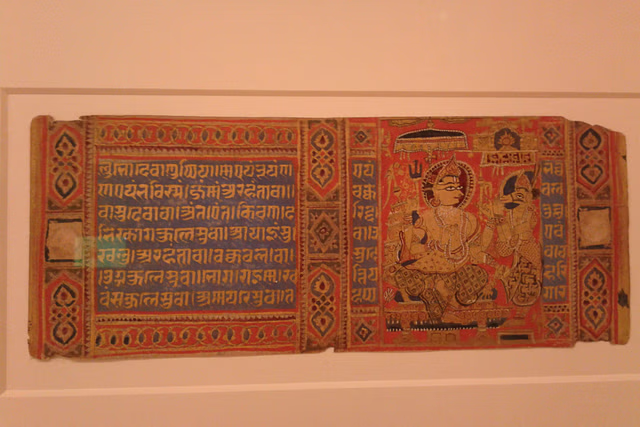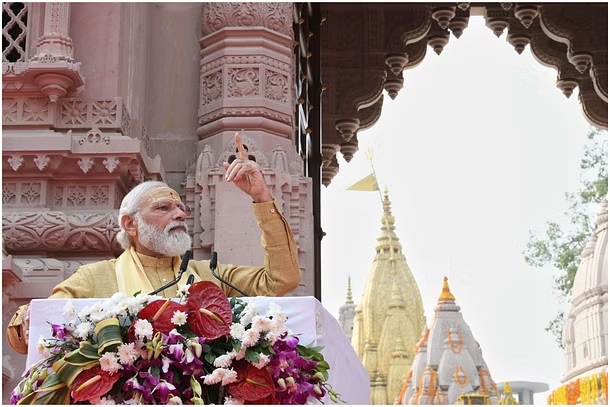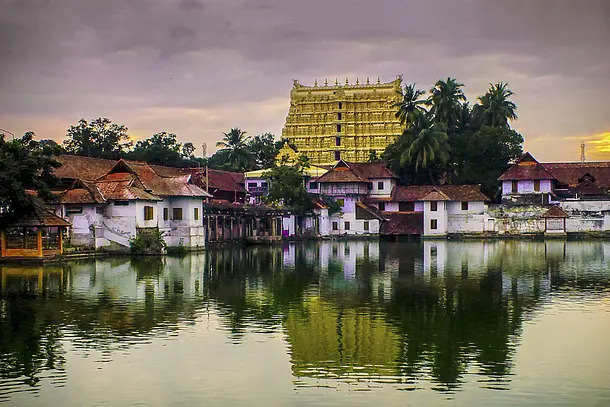Breaking Free: Decolonizing Education through Indian Knowledge Systems
– Jyotirmaya Tripathy
Snapshot:
The Indian way is the recognition of India as a gyan bhumi that not only produced great art, architecture, sciences, and engineering, but also created knowledge texts that continue to guide contemporary life.
This writer has written previously about the need for mainstreaming Indian Knowledge Systems (IKS) or Bharatiya Gyan Parampara (BGP) in the university system that acknowledges the reality of India as a cultural and economic powerhouse.
The naysayers would still demand to know if there is any structuralist principle that connects disparate disciplines and domains under the umbrella term IKS. The easy way to respond to them would be the refusal to find such a principle.




